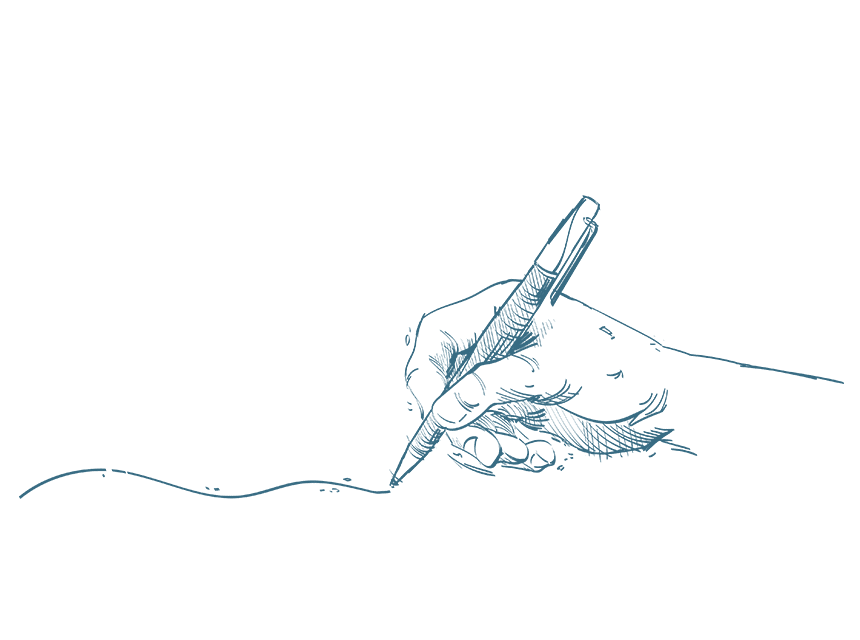March 1, 2025
Writers groups call for greater transparency measures
December 5, 2024
APWG Winter Reception 2024, AI Survey Report and SCOOP Launch.
October 16, 2024
All-Party Parliamentary Group for Writers – 2024 Inaugural General Meeting Minutes
October 1, 2024
APPG for Writers (APWG) Inaugural General Meeting. 2:30pm, Tuesday 15th October 2024. Room C, 1 Parliament Street.
